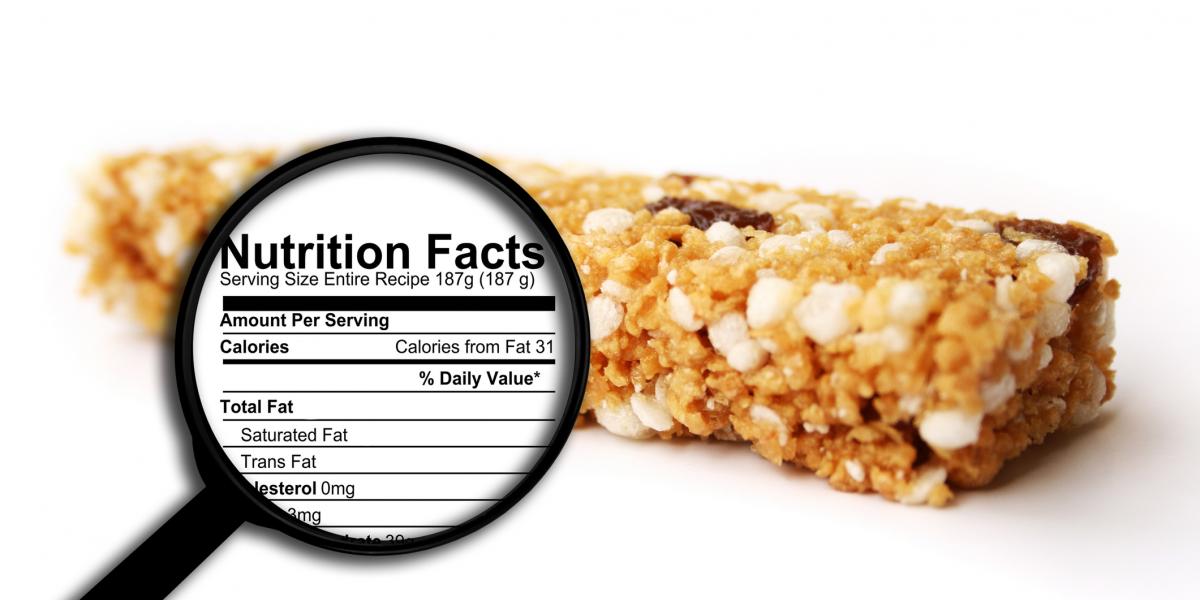You are here

The U.S. Food and Drug Administration (FDA) has filed a petition proposing the amendment of the food additive regulations to provide for the safe use of vitamin D3 as a nutrient supplement in breakfast cereals and in grain-based nutrition bars.
Verisk 3E Review
The food additive petition (FAP 9A4823), submitted by the Kellogg Company, proposes amending the food additive regulations (§ 172.380 (21 CFR 172.380; Vitamin D3)) to provide for the safe use of vitamin D3 as a nutrient supplement in breakfast cereals (§ 170.3(o)(20) (21 CFR 170.3(o)(20)) and in grain-based nutrition bars such as granola bars (§ 170.3(n)(4)). The petition also proposes the update of established specifications for vitamin D3 (§ 172.380(b)) to incorporate by reference the most recent edition of the Food Chemicals Codex.
Vitamin D comes in many forms and represents both vitamin D2 and vitamin D3. Vitamin D is generally recognized as safe (GRAS) for use as a nutrient supplement (21 CFR 18.1950(c)(1)) with the following limitations:
|
Category of Food |
Maximum Levels in Food (as served) |
|
Breakfast cereals |
350 IU/10 grams (g) |
|
Grain products and pasta |
90 IU/100 g |
|
Milk |
42 IU/100 g |
|
Milk products |
89 IU/100 g |
An ingredient affirmed as GRAS with specific limitations may be used in food only within the designated category of food, functional use of the ingredient and level of use. Any addition of vitamin D to food outside of these parameters requires either a food additive regulation or an amendment. There is no existing GRAS or food additive allowance for the use of vitamin D as a nutrient supplement in grain-based nutrition bars, prompting the petition for fortification of breakfast cereals and grain-based nutrition bars at a level higher than 350 IU/100 grams.
Vitamin D is approved as a food additive for use as a nutrient supplement in many other foods (§172.380):
- Calcium-fortified fruit juices and fruit juice drinks
- Meal replacement and other type of bars, soy protein-based meal replacement beverages represented for special dietary use in reducing or maintaining body weight
- Cheese and cheese products as defined therein
The latest amendment to the food additive regulations (21 CFR 172) concerning vitamin D was in 2014 when the FDA approved the use of vitamin D3 as a "nutrient supplement in meal replacement beverages and meal replacement bars that are not intended for special dietary use in reducing or maintaining body weight and for use in foods that are sole sources of nutrition for enteral tube feeding."
The FDA will review the scientific evidence submitted as part of the food additive petition to establish with reasonable certainty that a food additive is not harmful under its intended conditions of use. In its safety evaluation, the FDA will consider projected human dietary exposure to the additive, the additive's toxicological data and other relevant information. The FDA will compare an individual's estimated daily intake (EDI) of the additive from all food sources to an acceptable intake level established by toxicological data. The EDI for vitamin D3 from all sources including the proposed new use should not exceed the range of from 2,500-4,000 IU per person per day.
Business Impact
If FDA approves the new use of vitamin D3 as a food additive nutrient supplement in breakfast cereals and grain-based nutrition bars, the food additive regulations (21 CFR 172.380) will be amended to reflect this new use with approved limits.

 Top
Top